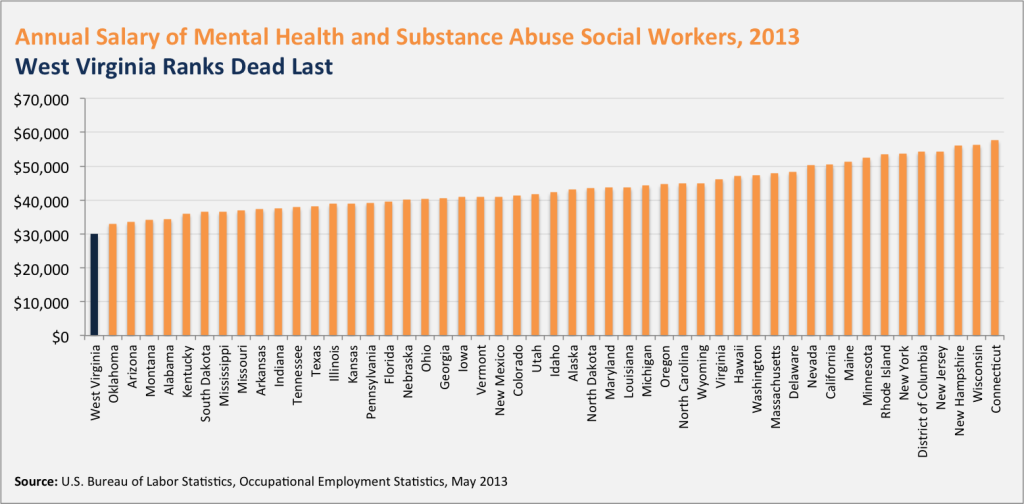Table of Contents
- Introduction
- Roles and Responsibilities
- Education and Training
- Key Skills
- Benefits of the Job
- Career Growth
- FAQs
Introduction
Emotional health and wellbeing practitioners play a crucial role in helping individuals manage their emotions and mental health. This article explores the various career opportunities available in this field and provides valuable insights into the roles and responsibilities of these professionals.
Roles and Responsibilities
Emotional health and wellbeing practitioners are responsible for assessing the emotional and mental health needs of individuals and providing appropriate interventions and support. They may work in a variety of settings, including schools, hospitals, and community centers.
Emotional health and wellbeing practitioners play a crucial role in supporting individuals in managing their emotional and mental health. Their responsibilities include:
- Conducting assessments to understand clients' emotional health needs
- Developing personalized treatment plans to support clients in improving their emotional wellbeing
- Providing individual or group therapy sessions to help clients cope with their emotions
- Educating clients on self-care strategies and coping mechanisms
- Collaborating with other healthcare professionals to provide holistic care for clients
- Monitoring and evaluating clients' progress throughout their treatment
- Maintaining accurate and confidential client records
- Staying up-to-date on the latest research and best practices in emotional health and wellbeing
Overall, emotional health and wellbeing practitioners play a vital role in helping individuals improve their emotional resilience and lead happier, more fulfilling lives.

Education and Training
Most emotional health and wellbeing practitioners have a background in psychology, counseling, or social work. They typically hold a bachelor's or master's degree in a related field and may also have additional certifications or licensure.
Emotional health and wellbeing practitioners play a crucial role in supporting individuals with mental health issues and promoting overall wellness. To become a successful practitioner in this field, it is essential to undergo comprehensive education and training.
Education Requirements
Most emotional health and wellbeing practitioner jobs require a bachelor's degree in psychology, counseling, social work, or a related field. Some positions may also necessitate a master's degree or additional certifications.
Training Programs
There are various training programs available for aspiring emotional health and wellbeing practitioners, including workshops, seminars, and online courses. These programs typically cover topics such as counseling techniques, crisis intervention, and self-care strategies.
Certifications
Obtaining certifications, such as Licensed Professional Counselor (LPC) or Certified Mental Health Counselor (CMHC), can enhance your credibility and job prospects as an emotional health and wellbeing practitioner.
Continuing Education
Continuous learning is crucial in the field of emotional health and wellbeing. Pursuing continuing education opportunities, such as attending conferences or enrolling in advanced training courses, can help you stay updated on the latest research and trends.
Education and training are key components in preparing for a career as an emotional health and wellbeing practitioner. By obtaining the necessary qualifications and staying committed to lifelong learning, you can make a positive impact on the mental health and wellbeing of individuals in need.

Key Skills
Key skills for emotional health and wellbeing practitioners include excellent communication skills, empathy, and the ability to build rapport with clients. They also need to have strong problem-solving and decision-making skills.
Emotional health and wellbeing practitioners play a crucial role in helping individuals overcome emotional and mental health challenges. In order to be successful in this role, there are several key skills that are essential:
- Strong communication skills: Emotional health and wellbeing practitioners must be able to effectively communicate with their clients, colleagues, and other professionals in a clear and empathetic manner.
- Empathy and compassion: It is important for practitioners to be able to understand and relate to their clients' experiences and emotions, and to provide support and encouragement in a caring and compassionate manner.
- Excellent listening skills: Practitioners must be able to actively listen to their clients in order to understand their needs and concerns, and to provide appropriate guidance and support.
- Problem-solving skills: Emotional health and wellbeing practitioners must be able to assess their clients' situations and develop effective strategies and interventions to help them overcome their challenges.
- Self-awareness and self-care: Practitioners must be able to recognize their own emotional triggers and stressors, and to practice self-care in order to maintain their own emotional wellbeing.
- Cultural competence: Practitioners must be sensitive to cultural differences and be able to work effectively with clients from diverse backgrounds.
Overall, emotional health and wellbeing practitioners play a crucial role in supporting individuals in their journey towards emotional and mental wellbeing. By developing and honing these key skills, practitioners can make a positive impact on the lives of their clients.

Benefits of the Job
Working as an emotional health and wellbeing practitioner can be a rewarding and fulfilling career path. These professionals have the opportunity to make a positive impact on the lives of others and help individuals overcome emotional challenges.
Working as an emotional health and wellbeing practitioner can be incredibly rewarding, both professionally and personally. Here are some of the benefits of this job:
- Helping Others: As an emotional health and wellbeing practitioner, you have the opportunity to make a real difference in people's lives. By providing support and guidance, you can help individuals overcome their challenges and improve their mental health.
- Personal Fulfillment: Knowing that you are positively impacting the lives of others can be incredibly fulfilling. This job allows you to see the direct results of your work and provides a sense of purpose.
- Professional Growth: Working in this field can help you expand your skills and knowledge in mental health and emotional wellbeing. You may have the opportunity to attend training workshops, conferences, and other professional development opportunities.
- Flexibility: Many emotional health and wellbeing practitioner jobs offer flexible schedules, allowing you to balance your work with other commitments. This can help reduce stress and improve your overall wellbeing.
- Job Stability: The demand for mental health services is growing, making this a stable and secure career choice. There are often opportunities for advancement and growth within this field.
Overall, working as an emotional health and wellbeing practitioner can be a fulfilling and rewarding career path that allows you to make a positive impact on the lives of others.

Career Growth
There is a growing demand for emotional health and wellbeing practitioners as more people seek support for their mental health and emotional well-being. This field offers excellent opportunities for career growth and advancement.
As an emotional health and wellbeing practitioner, there are numerous opportunities for career growth and advancement. These roles involve providing support and guidance to individuals who are struggling with mental health issues or emotional difficulties.
One of the key areas for career growth in this field is continuing education and training. By staying current on the latest research and techniques in mental health and emotional wellbeing, practitioners can expand their skills and expertise, allowing them to better help their clients and take on more challenging cases.
Additionally, many emotional health and wellbeing practitioners have the opportunity to specialize in specific areas, such as addiction counseling, trauma therapy, or youth mental health. By honing their skills in a particular niche, practitioners can attract a larger client base and command higher salaries.
Networking is also crucial for career growth in this field. By building relationships with other professionals in the mental health and wellness industry, practitioners can learn from their peers, access new job opportunities, and stay abreast of industry trends.
Overall, emotional health and wellbeing practitioners have a wide range of options for career growth and advancement. By continually learning, specializing, and networking, practitioners can build successful and fulfilling careers in this important field.

FAQs
1. What qualifications do I need to become an emotional health and wellbeing practitioner?
To become an emotional health and wellbeing practitioner, you typically need a bachelor's or master's degree in psychology, counseling, or social work. Additional certifications or licensure may also be required.
2. What settings do emotional health and wellbeing practitioners work in?
Emotional health and wellbeing practitioners may work in schools, hospitals, community centers, or private practices.
3. What are the key skills required for this role?
Key skills for emotional health and wellbeing practitioners include communication skills, empathy, problem-solving, and decision-making abilities.
Key Takeaways
- Emotional health and wellbeing practitioners play a vital role in supporting individuals' mental health.
- Education and training in psychology, counseling, or social work are typically required for this career.
- Key skills for success in this field include communication, empathy, and problem-solving abilities.
- Career opportunities in emotional health and wellbeing are growing, offering potential for career growth and advancement.



Recent Comments